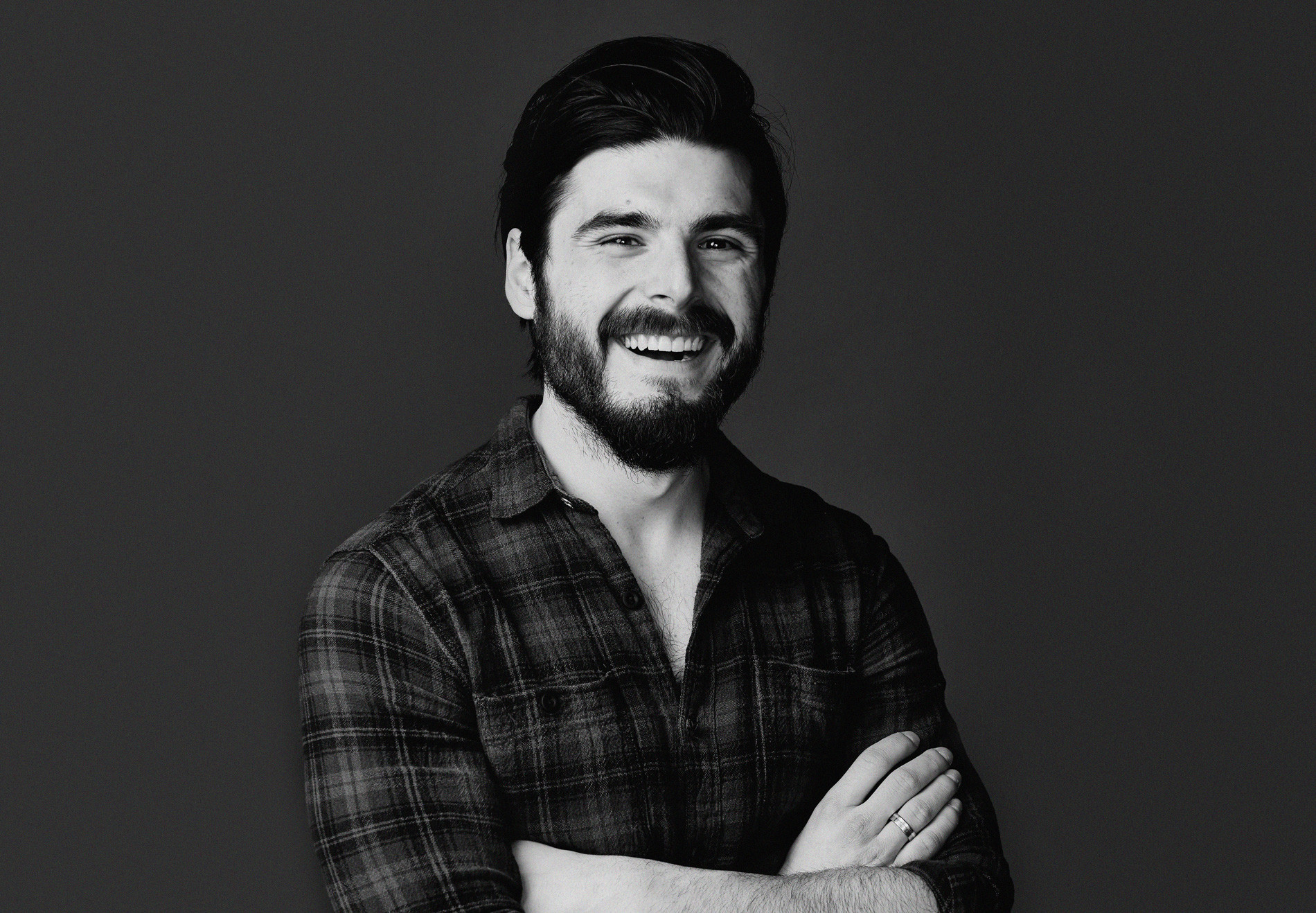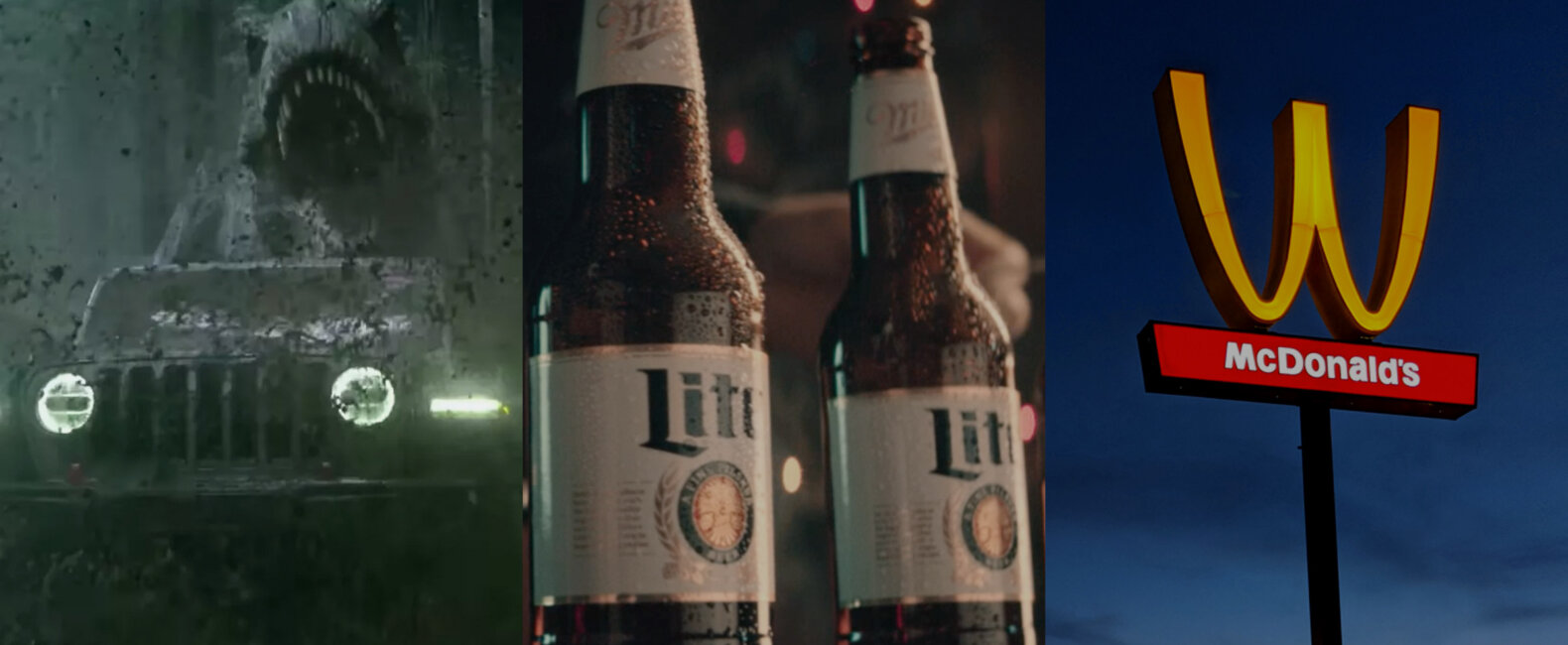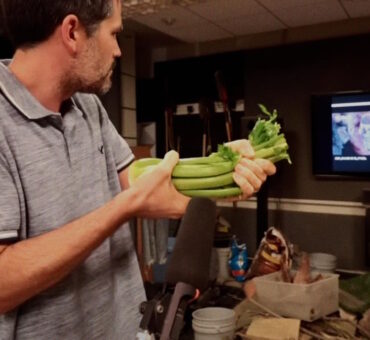A music supervisor isn’t necessarily a household title, partially because it tends to be a “high-end” job, reserved for agencies and in-house brands that not only see the value in music but also have the budget to pay someone to seek it out for them. Still, Alec Stern, music director for DDB Chicago and We Are Unlimited, thinks the heyday for music in film is right now, and not just for iconic ad agencies:
“I think way more emphasis has been put on this idea of licensing than ever before,” Alec told us. “At the beginning, it was mostly out of necessity to survive, but I think the music industry is coming to the ad industry with way more interest than ever before. Artists are beginning to approach this as something that could actually be really cool, something that could be beneficial, and something that could be creatively fulfilling if done correctly.”
So, the real question is, why should you care as a filmmaker? Well, you should care because while you may not have a music supervisor of your own, it’s a better time than ever to be your own music supervisor. Quality music is more accessible than ever and artists are seeing film as a more viable and fulfilling medium. We built our entire platform on the idea that filmmakers could use better music in their projects and artists were more willing than ever to let them use it.
While all of this is true, it doesn’t mean it’s easy. That’s why we tracked down Alec. He’s placed music for some of the biggest brands in the world, including Jeep, McDonald’s, Miller Lite, and more. He knows how to track down not just a good song, but the perfect song. He knows how to read clients’ minds. In other words, he knows what it takes to be a music supervisor. So, he offered to share his insight on how you can do the same and in turn transform your films and make your clients happier than ever. Here’s Alec on how to be your own music supervisor:

It’s all about articulation.
Something that has served me very well from actually being a composer is the ability to articulate music. Just knowing how subjective music is, it’s so difficult to get two people, let alone 50 people, to agree on one piece of music for any project. The ability to verbalize music in a way that makes it a little less subjective has come in very handy for me.
So often in this business people will say, “I don’t know why I don’t like it, but I don’t like it.” There are certain keywords that get thrown around all the time, like “upbeat” and “aggressive” and “powerful.” If you tell five people that you want a piece to be more powerful, you’ll get five very different results. It’s important to build a lexicon of genres, styles, instruments, and music references at your disposal so you’re able to say, “Okay, when you say powerful are you thinking distorted guitars and heavy drums? Or are you thinking about a more emotional gut punch, like something with cellos and more strings?”
It’s important to guide people, using language to describe this thing that is in so many ways indescribable, just to get all of the decision makers on the same page.
Be the expert, not the boss.
At the end of the day, just because I’m the one in the room with ‘music’ in my title, does not necessarily mean I’m the decision maker. More often than not, I’m the one gathering all of the different ideas and letting the actual decision makers make their decisions. People are looking at me and saying, “What do you think?”
It’s impossible for our own personal tastes not to come into the fold, but a great supervisor can find something tasteful in just about anything and is curious, open, and appreciative of so many different styles of music. A bad supervisor is anyone that would outright dismiss any kind of music. I think it’s really easy to be elitist when it comes to music and art in general. It may be my Midwestern attitude, but that’s something I work very, very hard to avoid. Just be democratic about it. People like what they like, people are into what they’re into, and there’s no right or wrong when it comes to this stuff.
What I can do is provide a little more insight into why something might or might not work for a specific project. Even talking about things like pacing to fit the cuts and rhythm can go along way to getting on the same page with a client.
Authenticity is king.
I think it’s really cool that right now authenticity is king in a way that it never has been before. Even when I started, we were just coming out of a time where music in ads was just whistling with handclaps and ukuleles. There’s not necessarily anything wrong with that, but it’s not really the peak of artistic integrity to put it politely. In recent years, there’s been a huge push toward using music that we think our demographic would actually want to listen to — or is what they actually listen to.
Consumers, everybody really, has a very low bullshit tolerance and they know when they’re being sold something that isn’t real. So, I’m thrilled with this shift toward authenticity. There’s such a difference between low-quality production music that was made for the sole purpose of being used in an ad, versus something that just has real heart and soul in it. I think that people just respond more favorably to stuff where the intention is more authentic, is more for the intrinsic want or need to create a piece of music than for anything else.
Your biggest win is discovery.
I am always pushing for brands to take risks. I believe that all of us inherently desire to be tastemakers, to be the first one to discover something. We all love turning other people onto music that’s really cool or really new. Or even something super old that’s interesting. You want people to say, “How did I never hear that before?” There so much equity that comes from that sort of thing, so I am always fishing to transmit that personal equity into a brand. To make them a tastemaker in their space. It increases the overall cultural equity with a brand. If it seems like they know what they’re doing with music, I think that consumers will trust them a lot more in terms of whatever it is they’re selling.
Success, to me, is getting a client to take a risk. So often a client will either not want to go super heavy on music or they’ll just want background noise — and for that, stock music is fine. Or, on the other hand, they want something that everyone is going to recognize. I’m more interested in the middle ground between those two extremes. I absolutely believe that attaching real, living, breathing artists who make music for the joy of making music lends real credibility to a story.
Alec has a lot to say about being a music supervisor, but anything he said above can apply to projects of all kinds — from weddings to indie films and everything in between. Just replace ‘client’ or ‘brand’ with whoever you’re working with on a project, even yourself.
In the end, his job is to fight for music’s rightful place in a film project, which is definitely something we can get behind. By advocating for great music in your projects, and doing so strategically, you’re not only going to come away with a better soundtrack. You’re going to come away with a better film.
Our suite of premium services allows you to focus on your project while we take care of the rest—from Music Supervision, to Custom Music, and Song Research.




















































































